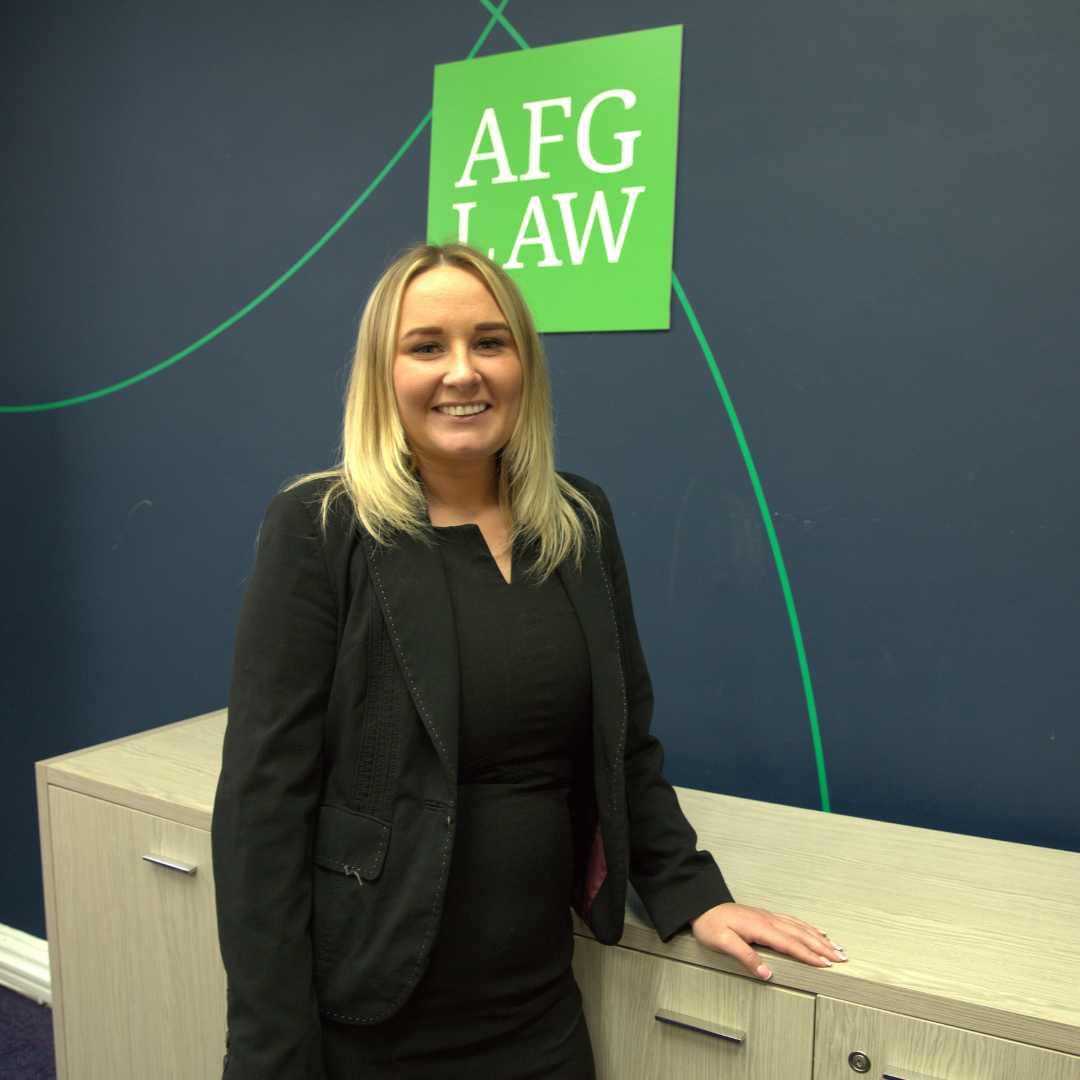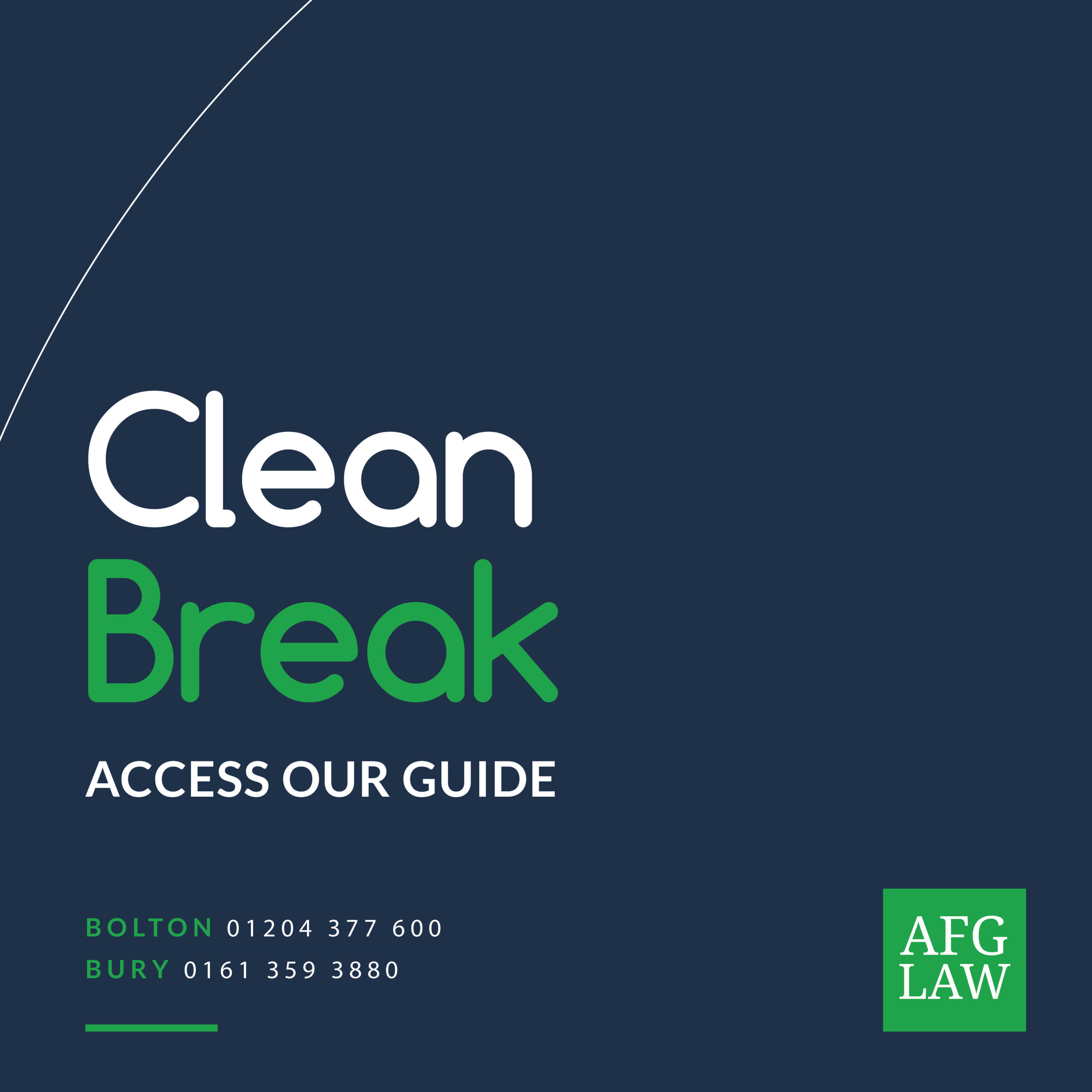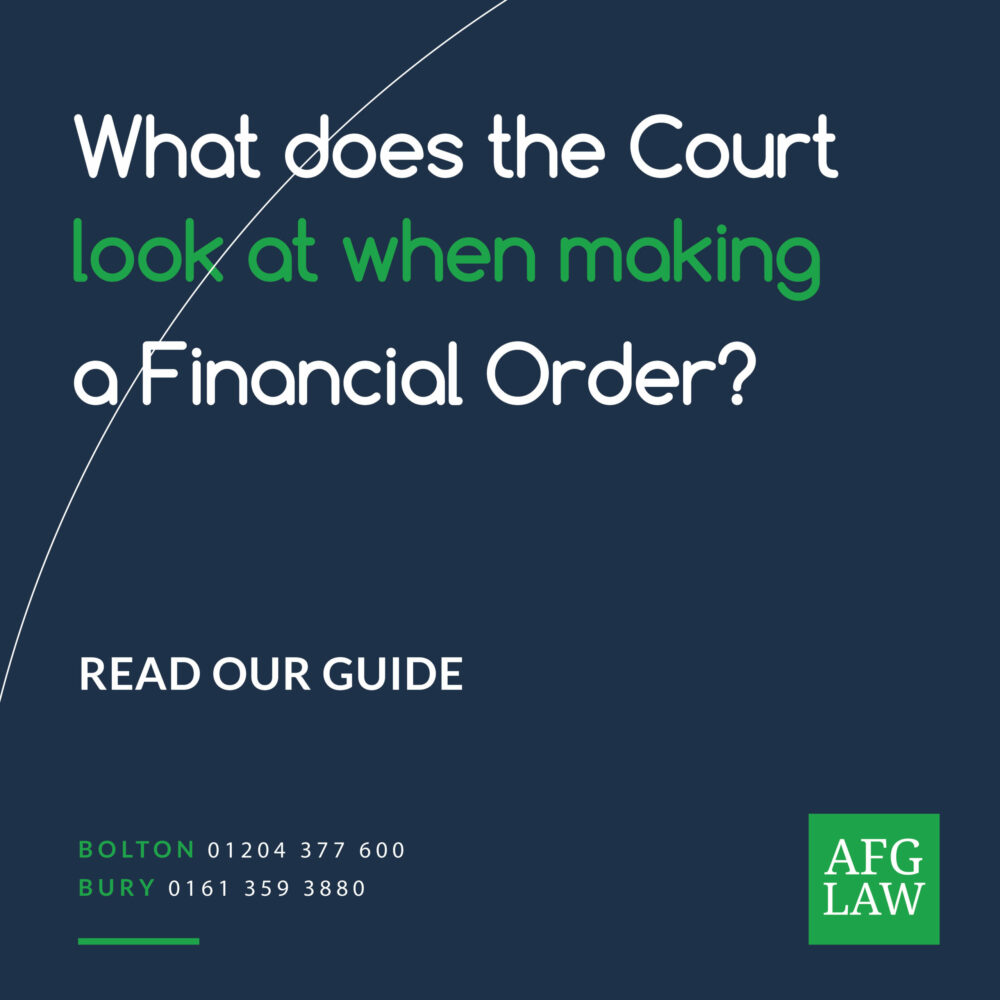Our long established, local business has been helping divorcing couples deal with businesses for years; our divorce solicitors can help you achieve the best possible outcome when it comes to splitting your business assets when a marriage breaks down. We understand how important it is to deal with business interests effectively on divorce and understand you’re worrying not only about the impact on yourself but the company, partners/directors and employees. Our local solicitors will work closely with you to try and ensure that the impact of your divorce upon your business is as limited as possible.
We know some people have regrets about not protecting themselves in advance and, in an ideal world, measures would be in place to protect your business prior to the breakdown of your relationship, but we understand that this is not always possible and relationship breakdown often takes people by surprise. We have outlined protective steps you can take from a family law perspective in our future planning section but our solicitors can help at any stage. Our solicitors have tried to answer some of the most common questions they are asked below.
Will the court look at my business during a financial settlement?
Yes. All assets owned by the divorcing couple must be included in the financial disclosure and can be looked at by the court or if agreeing a financial settlement. Businesses are treated differently from cash or other liquid assets but any business interests owned by either spouse, such as shares in a company or an interest in a partnership have to be included. It is important that any businesses are properly valued. Our solicitors have experience of working with different industry experts to help ensure the best evidence is obtained, reports will usually also include expert opinion on liquidity, sustainable income and tax implications if the business interests are disposed of by the parties.
Will my business have to be sold?
When the court looks at achieving a fair financial settlement between a divorcing couple it will look at all the available assets and the financial needs of the family. This does not mean that a business will have to be sold or divided between the spouses. The court will also acknowledge that the business is an income stream for the family and without it the financial circumstances of the family will be affected. When the court looks to achieving a fair distribution of assets it may offset some assets such as property, savings or pensions to allow the business to stay with the owner. While the courts will try to avoid the need to sell a business, it may be unavoidable if there is no other way to achieve a fair outcome. It is always necessary to fully understand how the business functions; how it is owned, what is it worth, what income does it provide the divorcing couple or family, future plans etc before full advice can be given. Contact our specialist finance solicitors today to get individual, tailored advice.
Will the court look at who started the business or the fact it was already up and running before the marriage?
Yes. The court will look at when the business was started and whether this was before or during the marriage. The court will also look at whether one spouse brought the business into the marriage and, if so, how much the business has grown and developed during the course of the marriage. This is relevant to the court determining what proportion of the business value can be called ‘matrimonial’ and what proportion could be called ‘non-matrimonial’. This can have considerable implications and is an area that needs to be handled carefully.
How will my business be valued?
How a business will be valued will often depend on the type of business, there are preferred industry valuation methods but several methods are acceptable to the court. The purpose of a business valuation is to assist the court in testing the fairness of the proposed outcome. Different methods can include assets basis, earnings basis or market value based on the value of similar companies but the court is likely to want to use the option that provides the most realistic outcome. It is not always necessary to instruct an expert and for a small business the divorcing couple could look at their assets, cash flow etc to reach an agreement on a business’ worth however it is generally preferable to get an expert to provide an independent valuation and the court’s encourage divorcing couple to use a single, jointly instructed expert. This is a complicated and important area and our finance solicitors can help
My spouse and I are shareholders in the business along with my business partner. What will happen?
If an agreement cannot be reached, and the matter ends up at court, then a Judge sitting in the Financial Remedies Court may order a transfer of shares in a limited company from one party to the other. This may be appropriate where a family business is co-owned but will be run by only one of the divorcing couple going forward. Where third parties also own shares in the business, issues may arise as to whether the agreement of the third parties is required for a transfer of shares to take place. This is a complicated area and early legal advice should be sought, if you are worried about your business on divorce contact our finance solicitors today.
How can I protect my family business in the future?
Our solicitors can discuss pre or postnuptial agreements during an initial fixed fee appointment. These agreements can be tailored to your circumstances and can include specific provision for what should happen to a business in the event of a marriage breakdown. If it is a long running family business, or performing well, this could help reduce worry about succession planning or losing the level of wealth it provides. Our future planning section contains more detail but feel free to call us for an initial chat.



















